Human Rights Film Festival Berlin – raising awareness
-

The fourth Human Rights Film Festival Berlin (HRRFB) was held under the title "The Art of Change" from 16 to 25 September as a hybrid on- and offline event. Honorary patron of the festival is the Saudi human rights activist Loujain al-Hathloul. Online streaming of some films has been extended to 3 October -
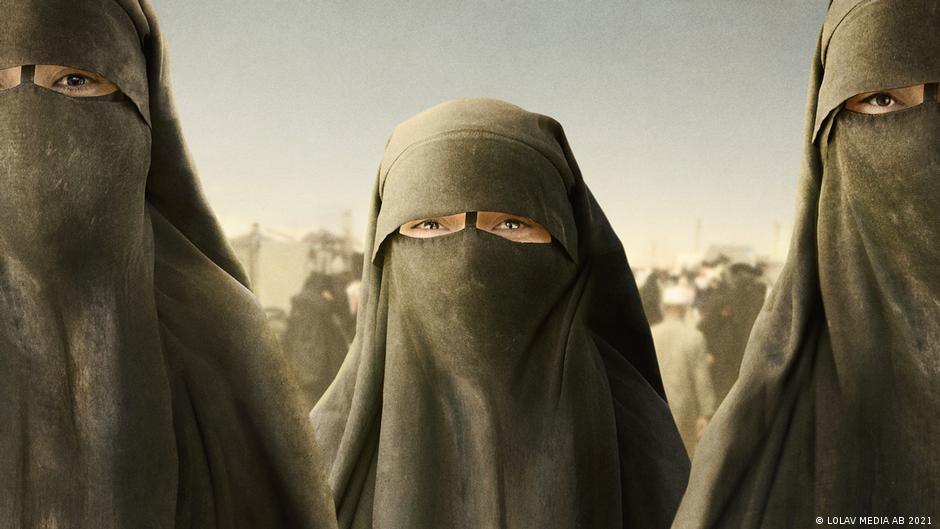
Hogir Hirori's award-winning documentary "Sabaya" portrays the struggles of activists determined to save Yazidi girls and women who were captured by Islamic State. Of the estimated 7,000 Yazidi girls and women who have been enslaved by IS since 2014, between 2,000 - 2,800 are still missing, according to various estimates -
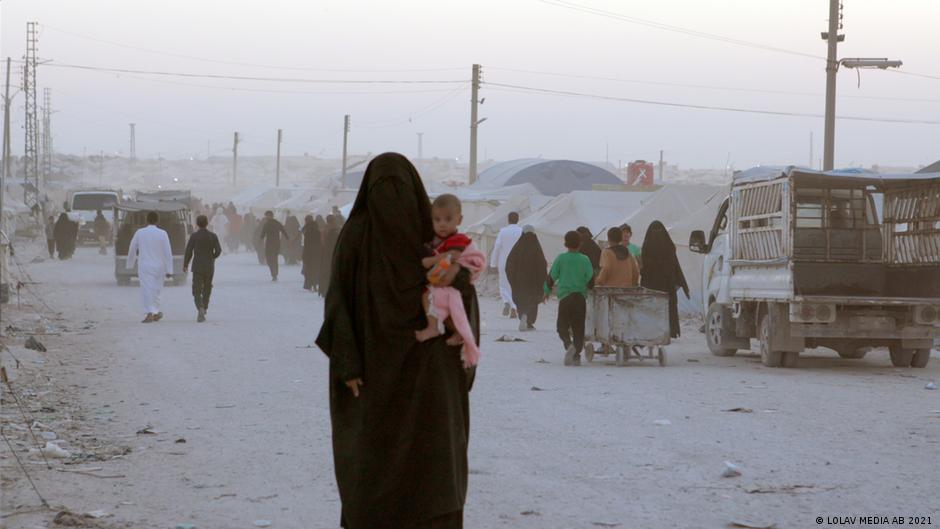
Hidden in the notoriously dangerous internment camp al-Hol are Yazidi girls and women who were kidnapped by IS to serve as sex slaves, known as "sabaya". The situation is particularly heart-wrenching for women with children born from IS fathers, since they cannot return to their community with the kids; the Supreme Yazidi Spiritual Council has determined they could not accept children born from rape -
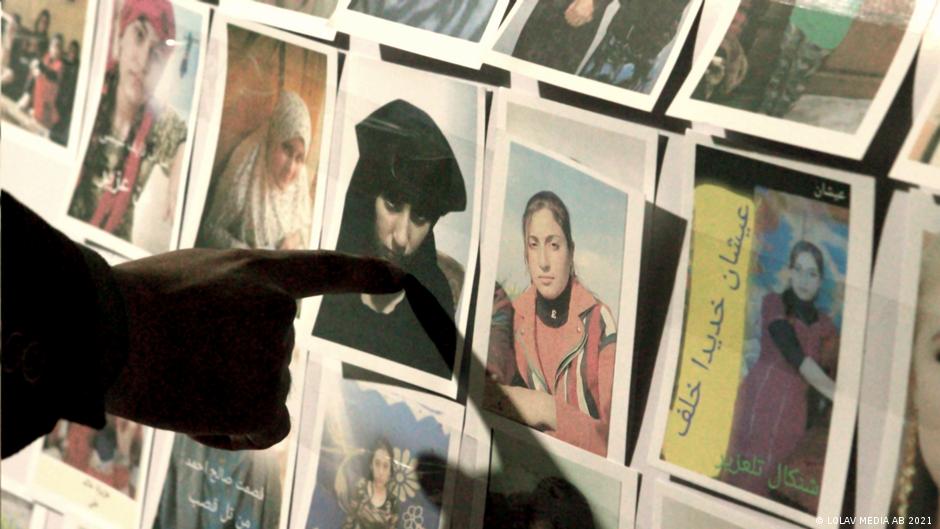
Risking his life to make this film even though he also has young children, one of Hirori's main motivations was to reactivate the calls for action from the international community: "I wanted to make this documentary so no one could say I didn't know or never heard of it," he said at the film festival in Berlin -
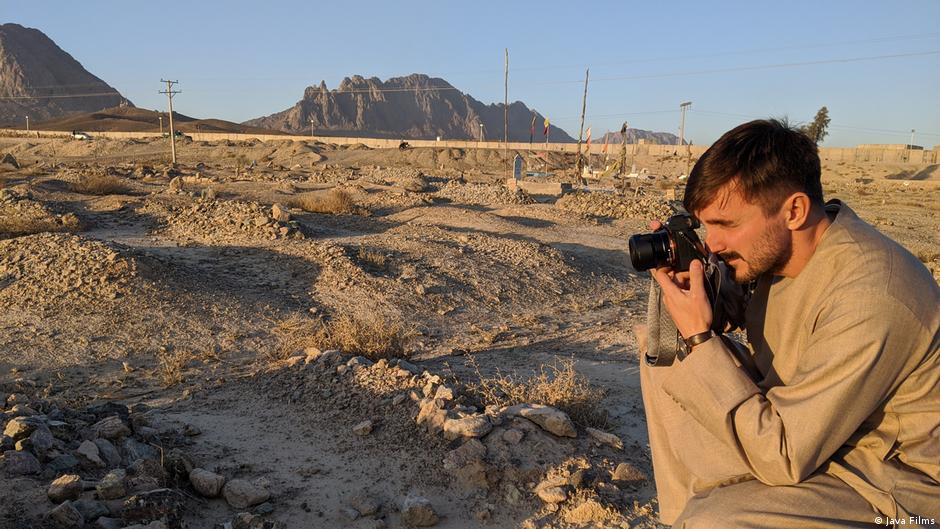
"Ghosts of Afghanistan" follows Canadian war correspondent Graeme Smith as he returns to Afghanistan and visits various people who were involved in rebuilding the country, or who can offer an insider's perspective on the social and political context -
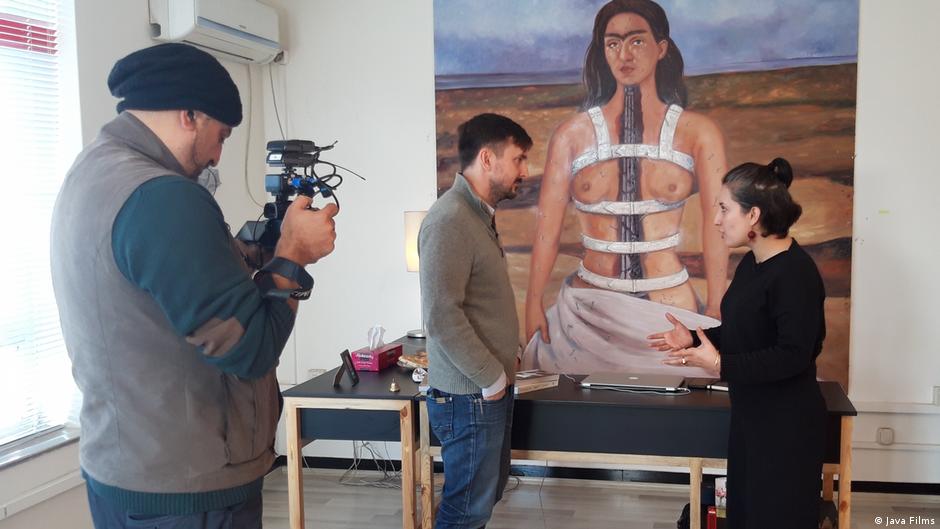
Farahnaz Forotan, one of the country's most outspoken feminists, was one of the women Smith interviewed for his documentary. Her home, decorated with a large Frida Kahlo self-portrait revealing her breasts, would shock many conservatives -
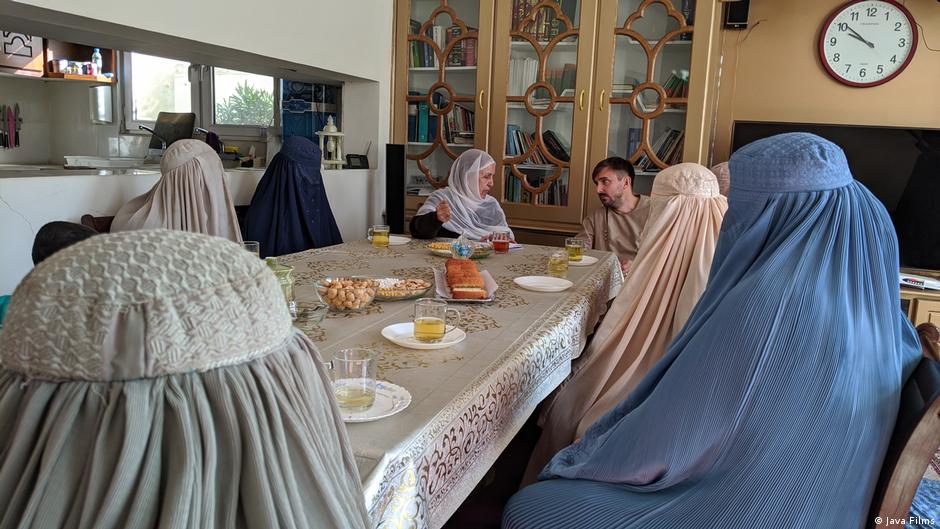
Forotan's openness contrasts sharply with a group of burka-clad Afghan women in Kandahar who live in compliance with the Taliban's expectations. The hindsight provided by the documentary is particularly revealing. "A major point of our movie is that the Taliban was much, much stronger than the Afghan government or the Western armies were willing to admit," said director Julian Sher -
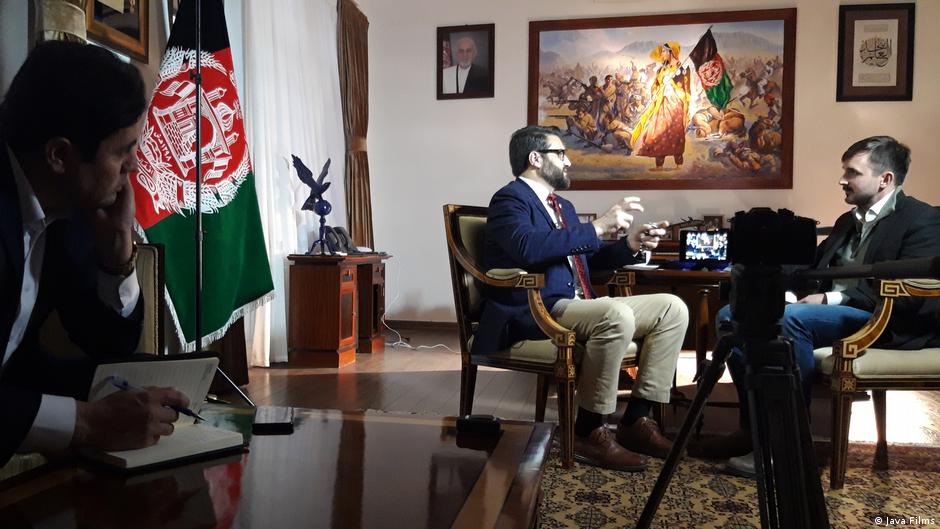
Misplaced optimism on the part of Afghanistan's National Security Adviser Hamdullah Mohib, who is heard saying, ""We have broken the back of the Taliban." He adds: "We have a military path to victory in this conflict." Mohib fled Afghanistan on 15 August -
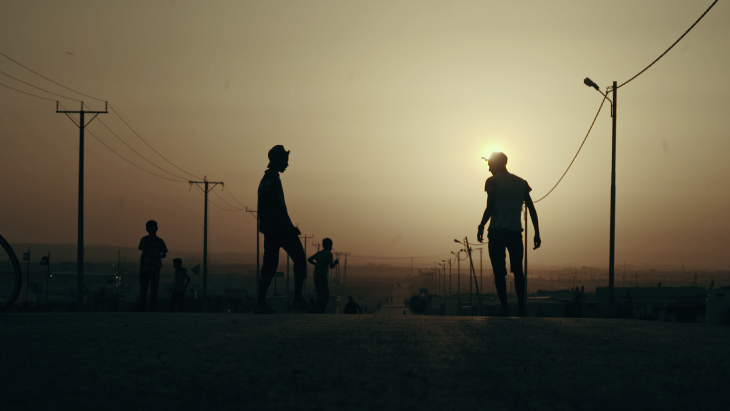
In "Captains of Zaatari", Egyptian director Ali El Arabi focuses on young refugees from Syria, who dream of escaping their dismal life in the Zaatari refugee camp with the help of football. Every three months, scouts from the Qatari Aspire Academy come to seek out talented players in Zaatari. The two main protagonists, Fawzi and Mahmoud, are on their radar, too -
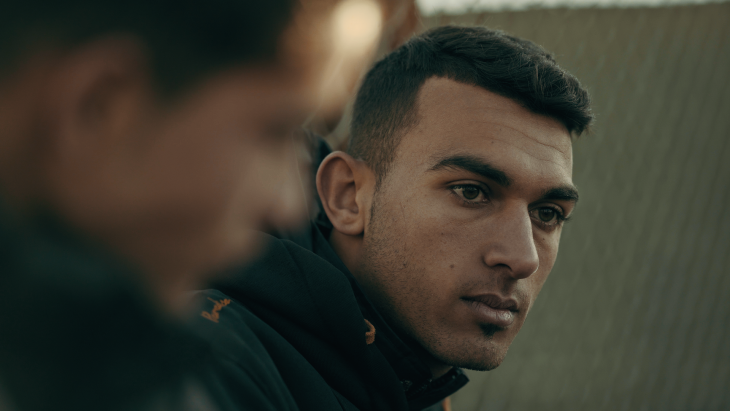
Having successfully attended a tournament in Qatar, Fawzi and Mahmoud return to Zaatari and throw themselves into coaching the next generation. Yet even dreams have their limits: Mahmoud and Fawzi’s homeland lies in ruins, and their families are still living in undignified conditions in the camp. And ultimately, the hope of escaping the camp through football is an exclusively masculine one, a door that remains closed to the camp’s girls
https://qantara.stage.universum.com/en/node/11130
Link
To all image galleries